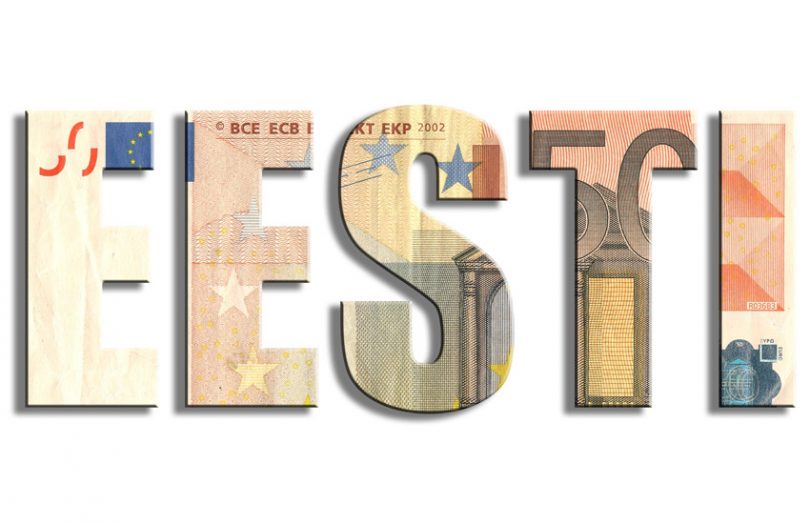Estonia’s central bank Eesti Pank has published the results of a research project into the technical possibilities for a digital euro in experiments that involved the European Central Bank (ECB) and six other central banks of Spain, Germany, Italy, Greece, Ireland and Latvia.
The research focused on exploring the technical capabilities of blockchain technology for a central bank digital currency (CBDC).
A couple of the key challenges facing blockchain technology are low performance and high energy costs, although the energy issue is mainly a challenge for public blockchain.
Powered by Guardtime’s KSI Blockchain solution, a leading Estonian enterprise blockchain tech firm, Eesti Pank’s experiment tested payments made between digital euro users from Estonia, Latvia, Lithuania and Spain.
The blockchain was able to handle over 300,000 simultaneous payments a second, allowing the money to reach the payee in less than two seconds. As well as the cost issues involved in constructing and maintaining a blockchain network, the potential for scalability is another requirement.
The research carried out by Eesti Pank demonstrated that blockchain technology is highly scalable for CBDCs, meaning that there are no real limits on the size of the money supply or the number of money holders. The number of payments made with the digital euro could also be increased if needed.
The ECB has not yet formally decided to introduce a digital euro but announced on July 14 that it would proceed with a research phase. Eesti Pank’s research offers a strong start to its Project Investigation Phase of the digital euro, which is expected to last for two years.
There are numerous ongoing digital euro trials. Spanish payments network Iberpay recently published the findings of its CBDC tests, advocating for a combined issuance model that supports both a token-based bearer CBDC and an account-based digital currency through Iberpay’s Red-i interbank blockchain network. And the Banque de France has conducted numerous wholesale CBDC trials, the most recent of which was with Tunisia’s central bank.






